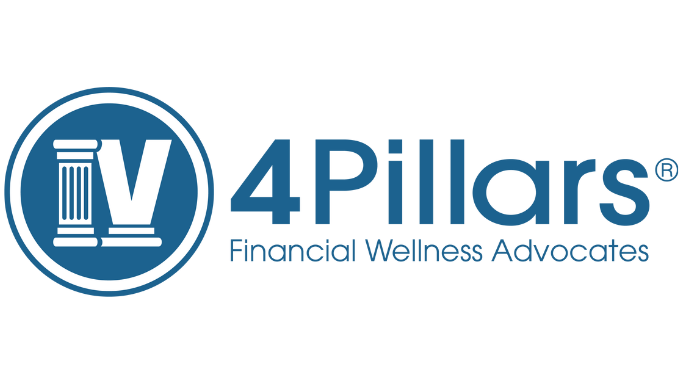Over the years, we have helped many clients solve their debt and credit problems. If there is one thing that keeps recurring back to us, it is that customers don’t completely know how the credit report and credit score works.
Your credit report is essentially a complete documentation of all your credit transactions, and the credit score is a rating of how good or bad your credit situation is.
- My Credit Score of 600 is Good
Your definition of good credit is different from the industry standard. It is vital that you break this misconception. Your loans and credit applications may have a high rejection rate simply because of this perception.
- Excellent Credit Score: 750+
- Good Credit Score: 700-750
- Fair Credit Score: 749-650
- Poor Credit Score: 649- 600
- Bad Credit Score: Below 600
- Closing All my Credit Cards is good for my Score
If you have a problem with credit card debt, you may opt to close your all or majority of your credit card accounts. This way, you bring your credit card debt under control. However, closing your credit card accounts are more likely to do you harm than help your credit score.
Your debt-to-credit ratio makes a big impact your credit score. Closing all your credit accounts will make a big dent on this ratio, further pulling down your credit score instead of improving it.
If you want to close your credit card accounts, ensure you pay off the debt before you do so and keep two credit cards active to balance the debt-to-credit ratio.
- Checking my Credit Report will Reduce the Score
No, you can check your credit report any number of times and it won’t affect your credit score. However, whenever you apply for a loan or credit, the financial institute calls for your credit report. If you apply for too many loans and your credit report is called for too many times, then your credit score will have a negative impact.
Additionally, requesting your credit score from Equifax and TransUnion by mail is completely free.
- My Partner has a good Credit Score, so I don’t have to worry
Joint loans and credit accounts allow people with poor credit scores to take loans and credit. What happens in a joint loan is that because you lack good credit, your partner lends credibility to the loan application.
If monthly payment can’t be kept up, then it will negatively affect your partner’s credit score. So, you do have to worry if you care about your partner.
- I have a bad Credit Score, so I won’t get a loan
What you won’t get are the best loans with the best interest rates in the market. There are many institutions willing to give loans to people with poor credit. It is vital that you choose a loan with an interest rate and time period that you can afford.
Having a low credit score is a problem, break these misconceptions and work on improving your score.


